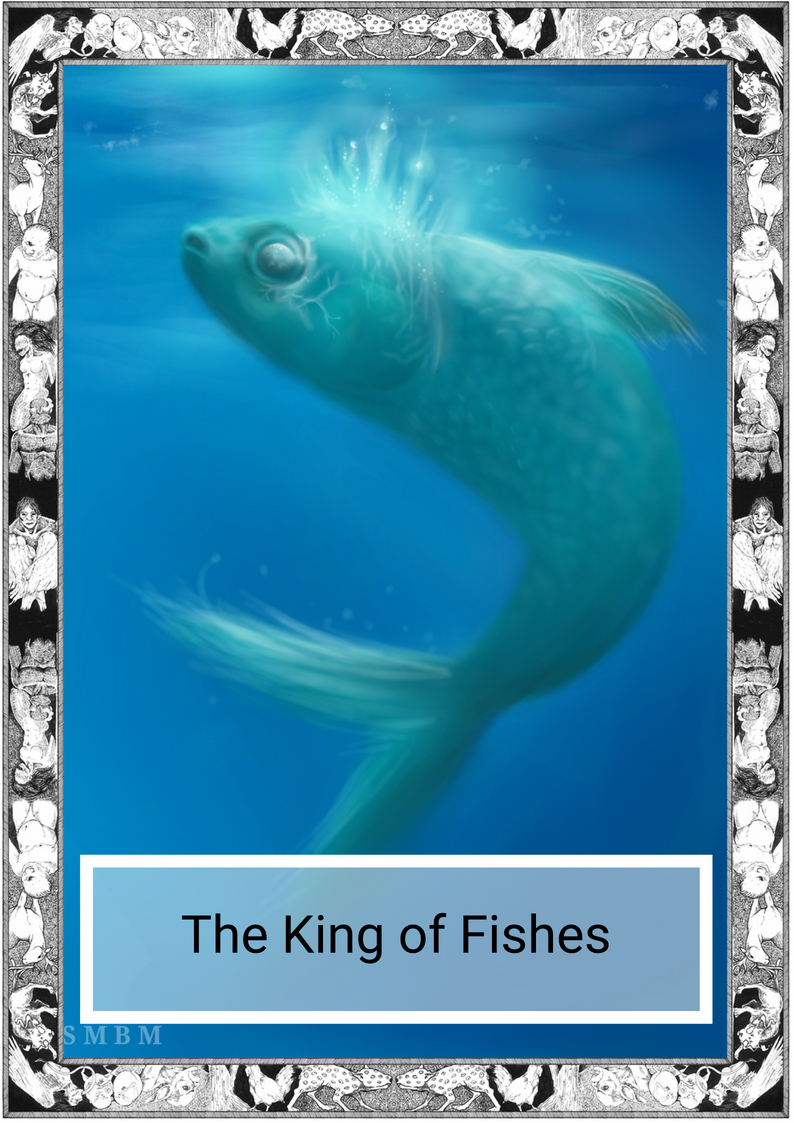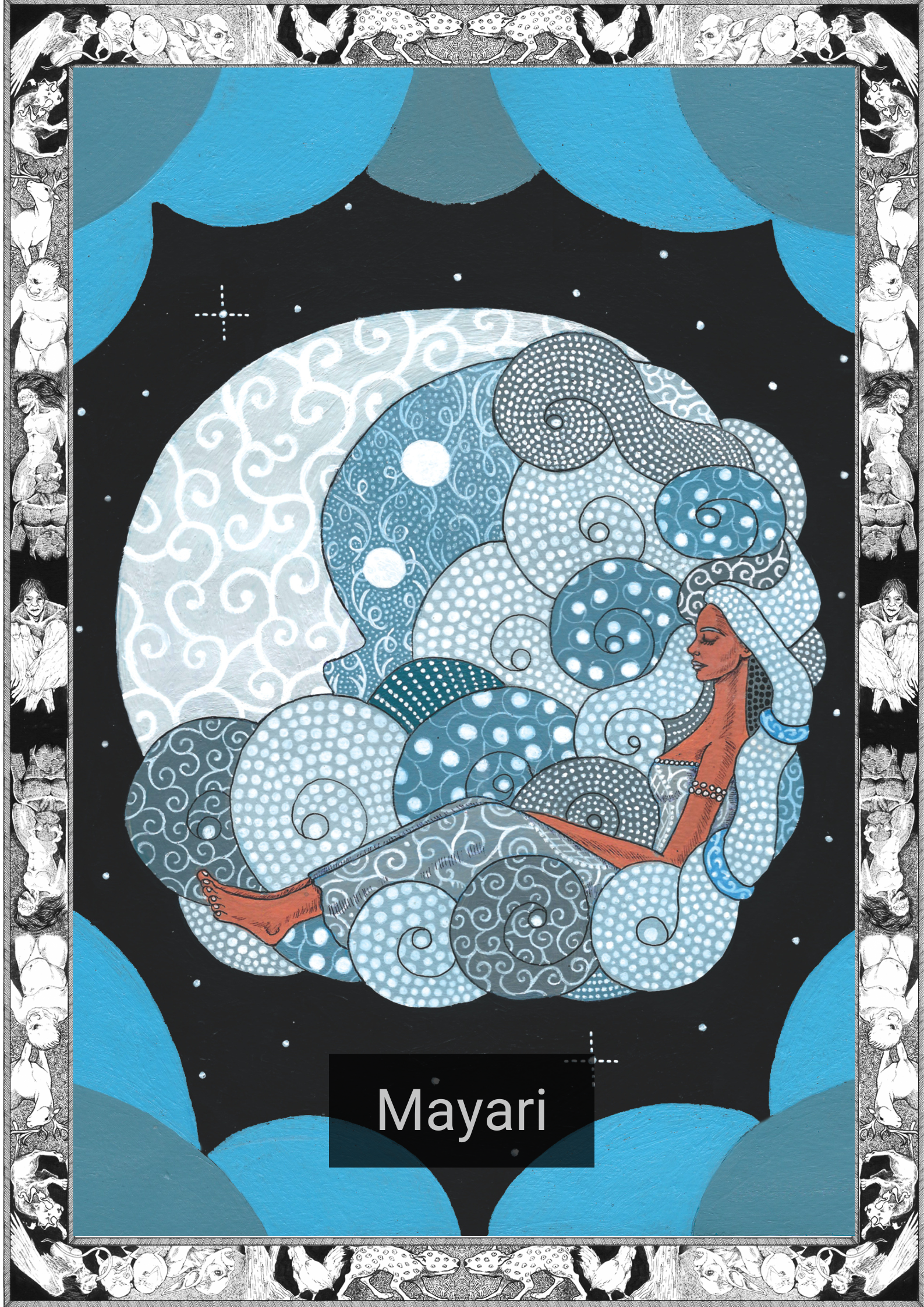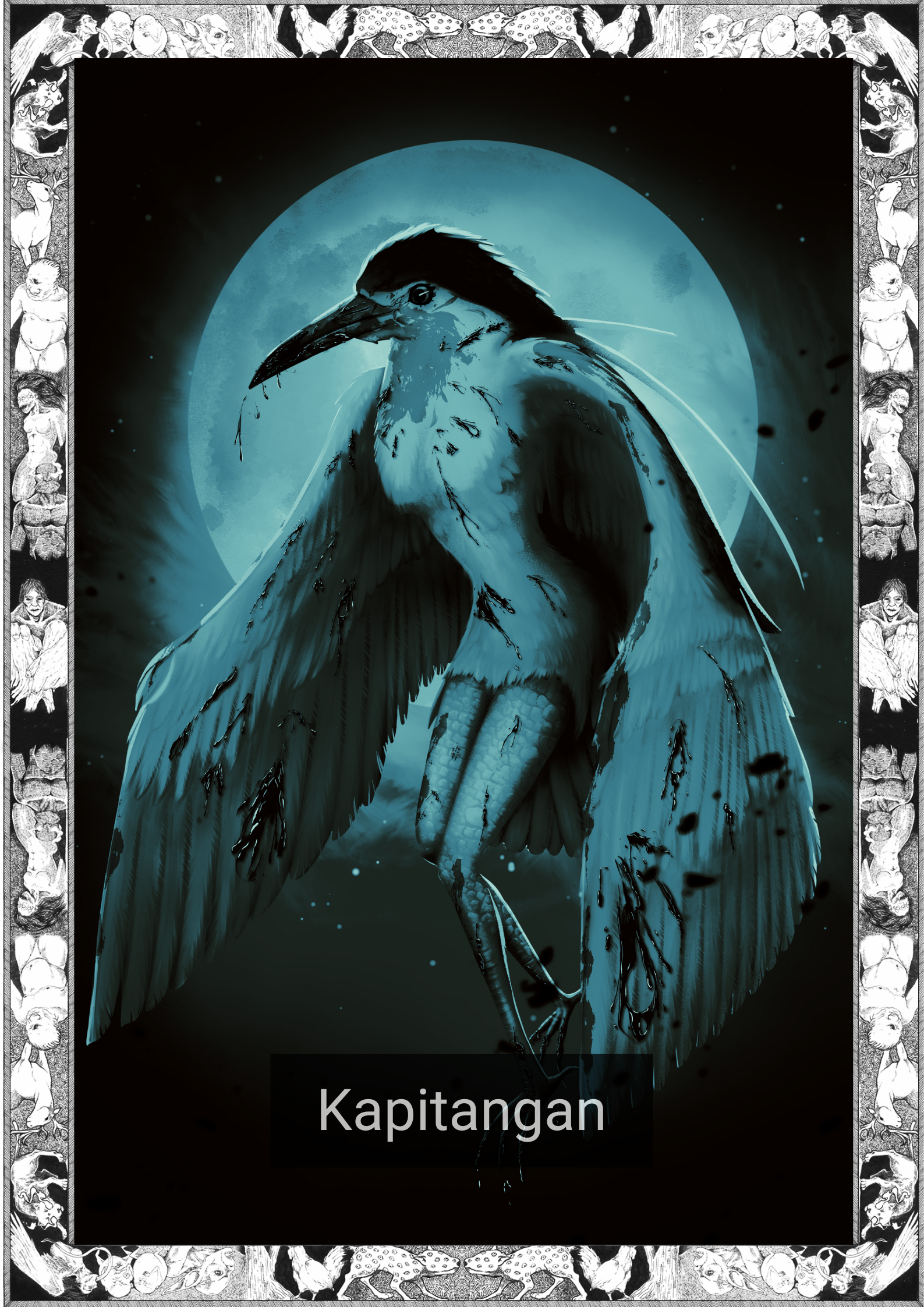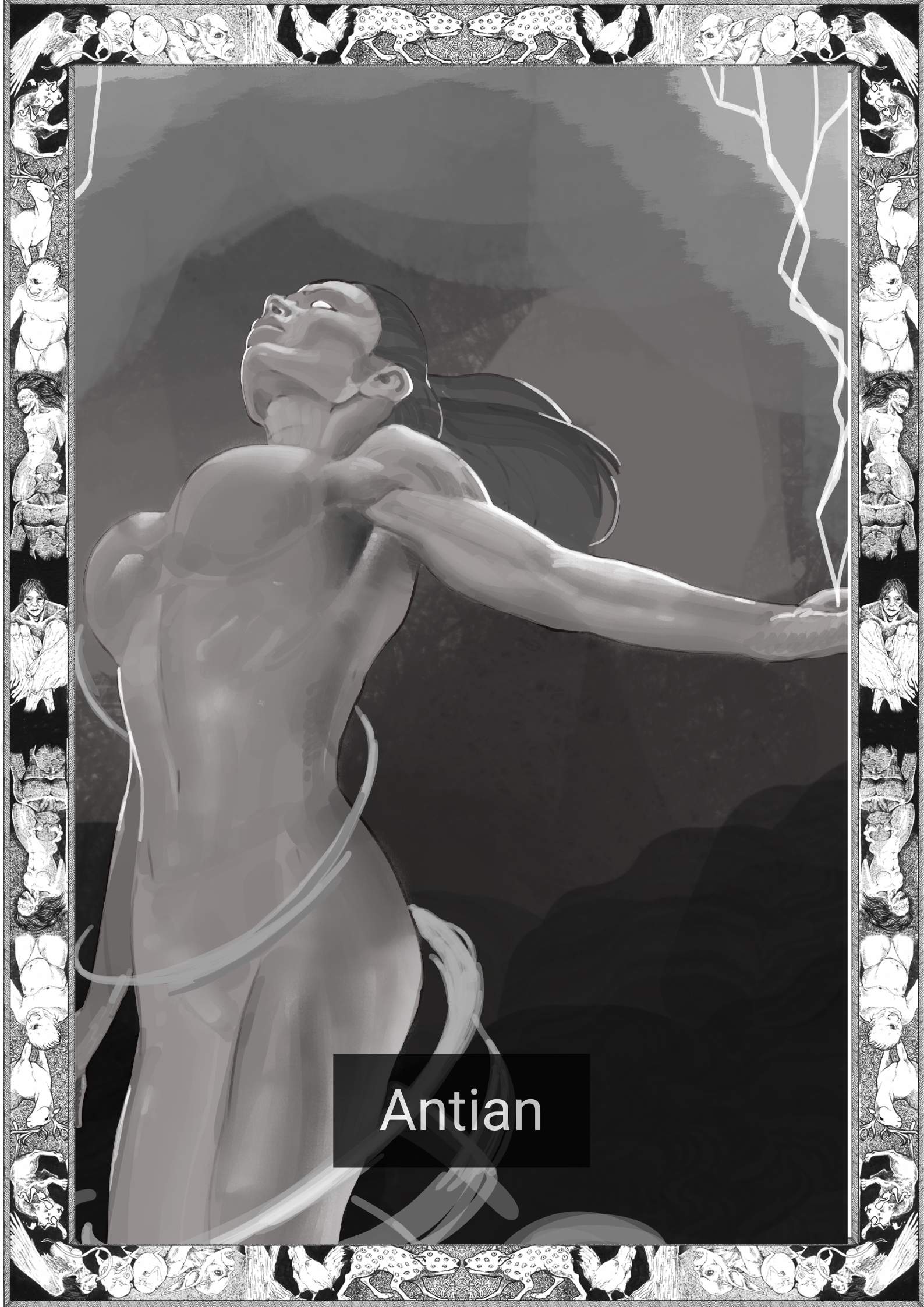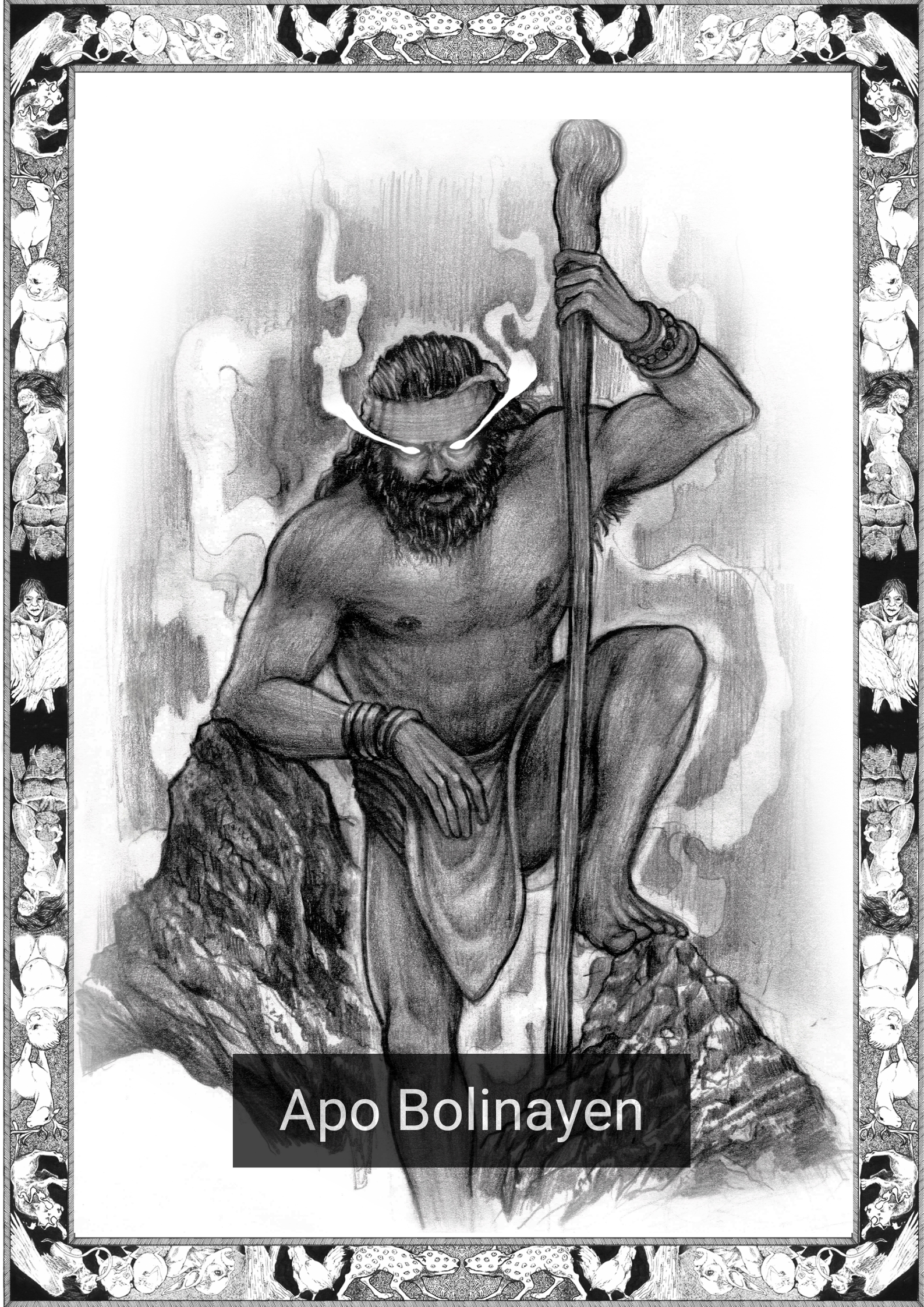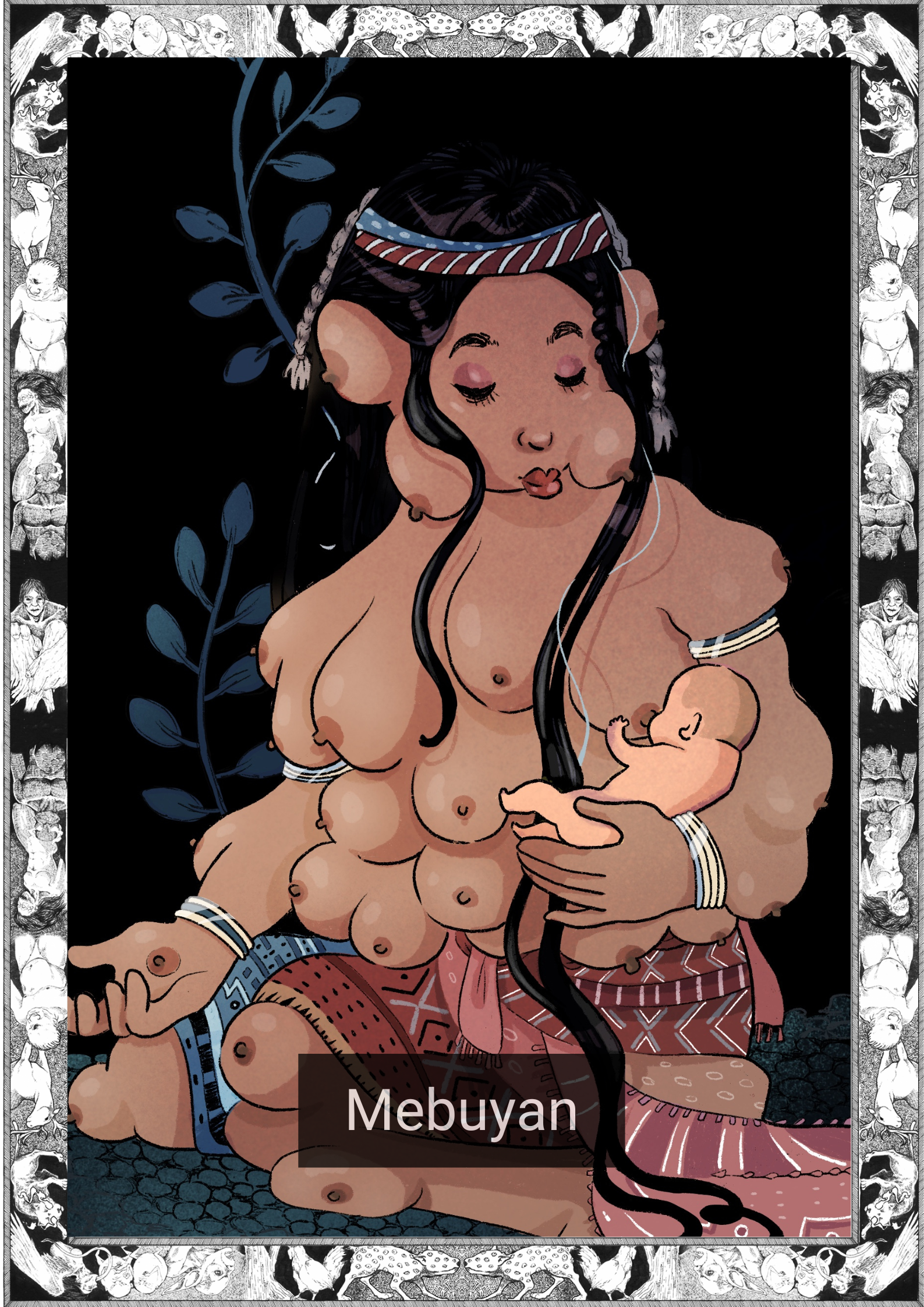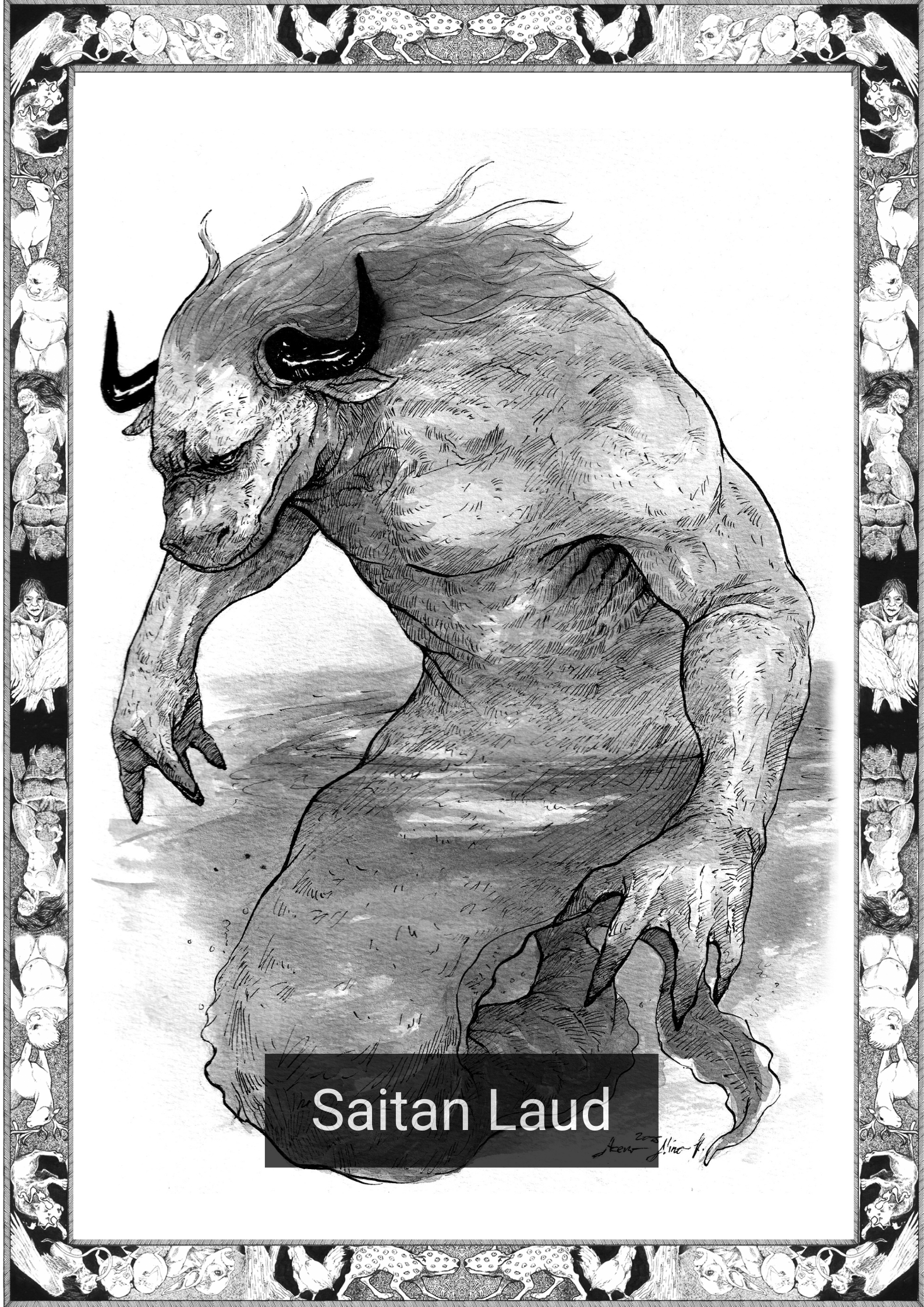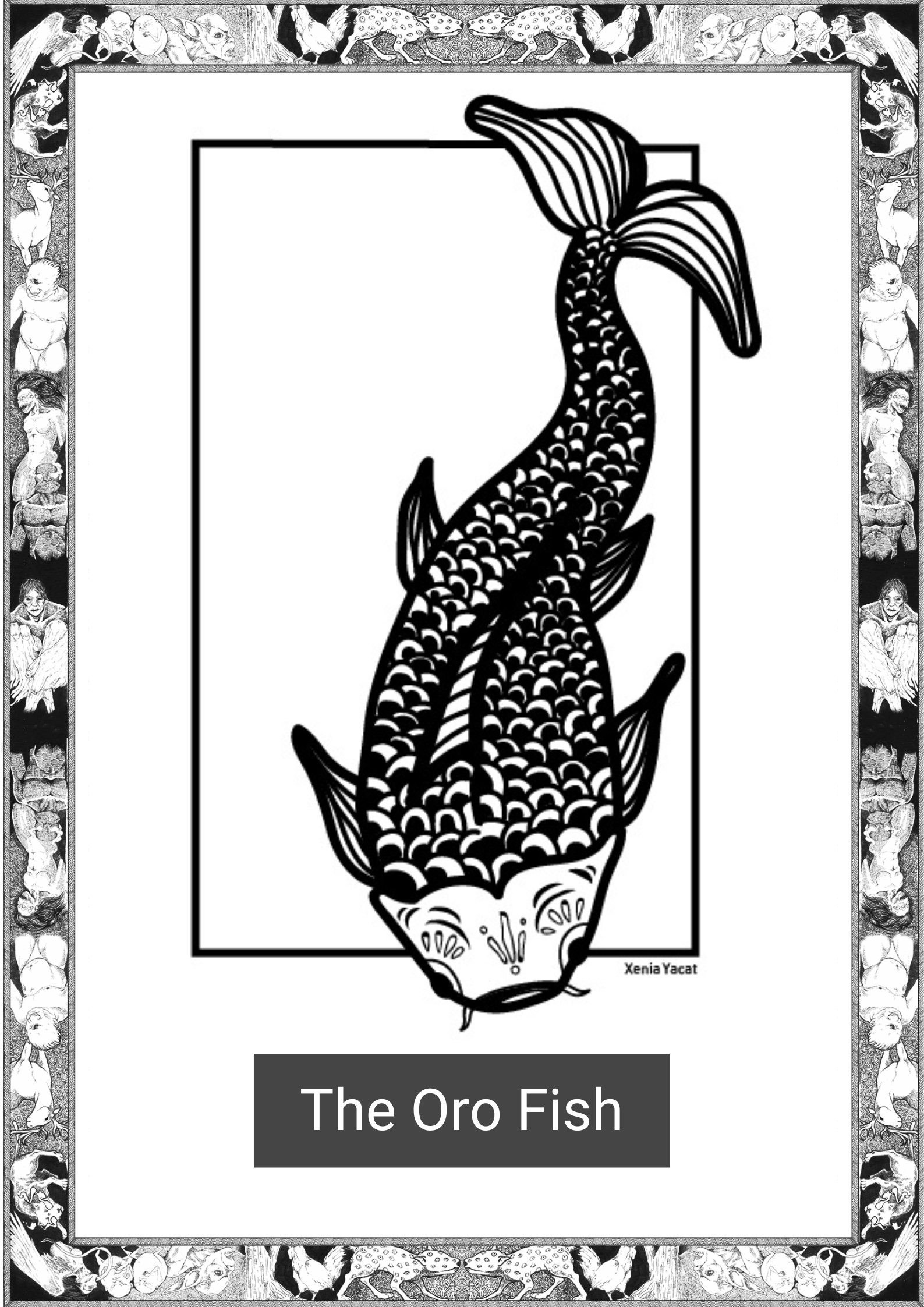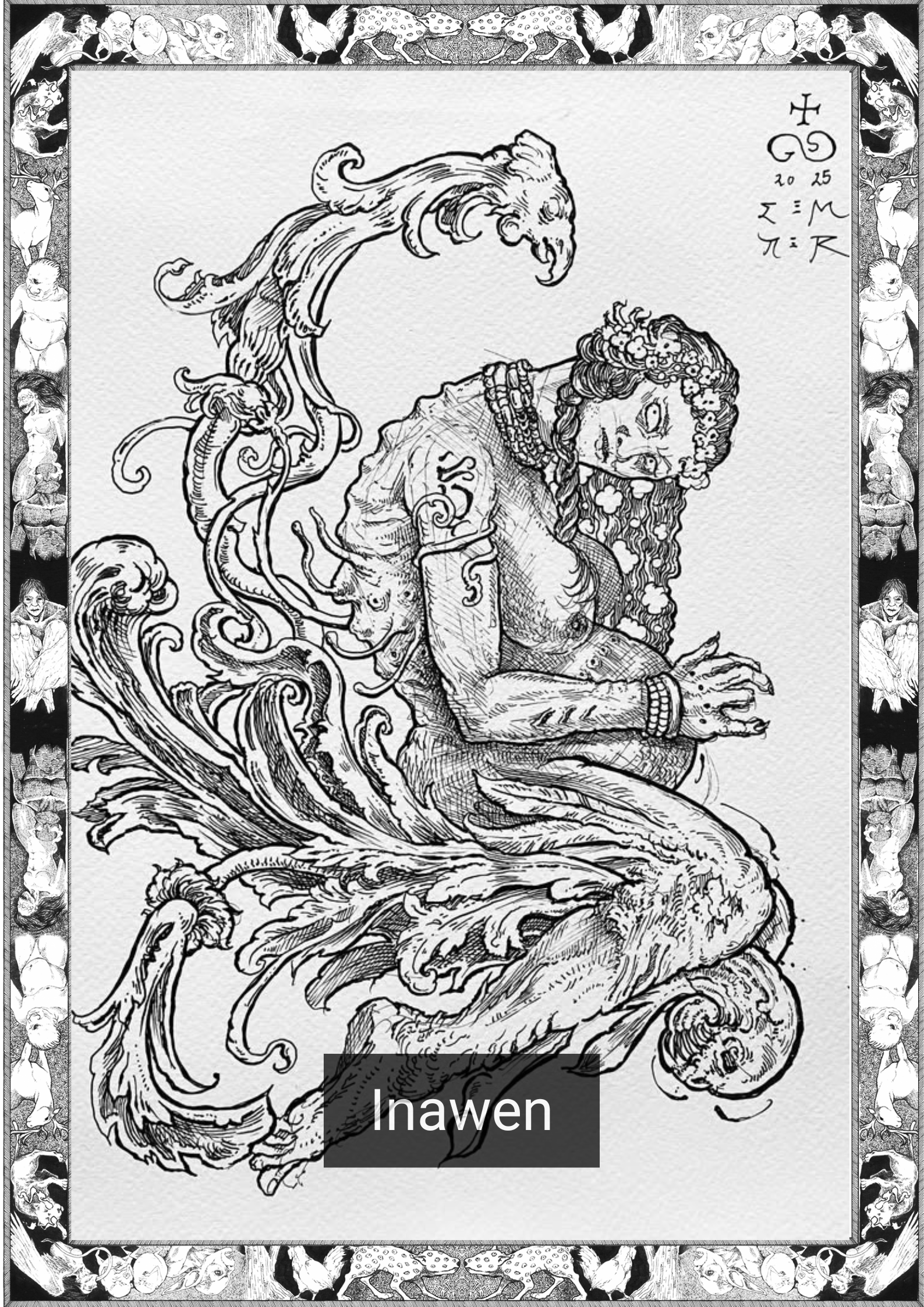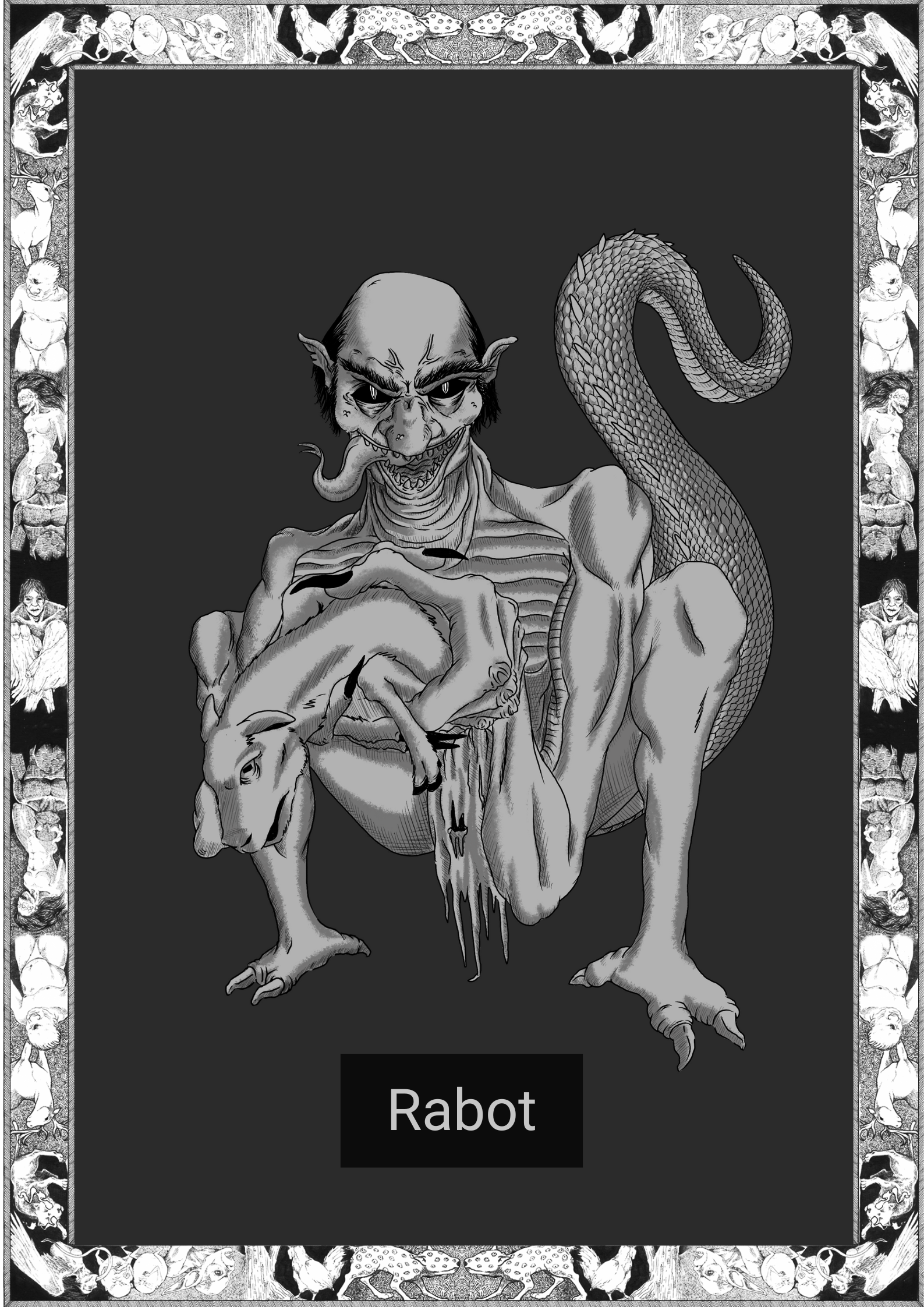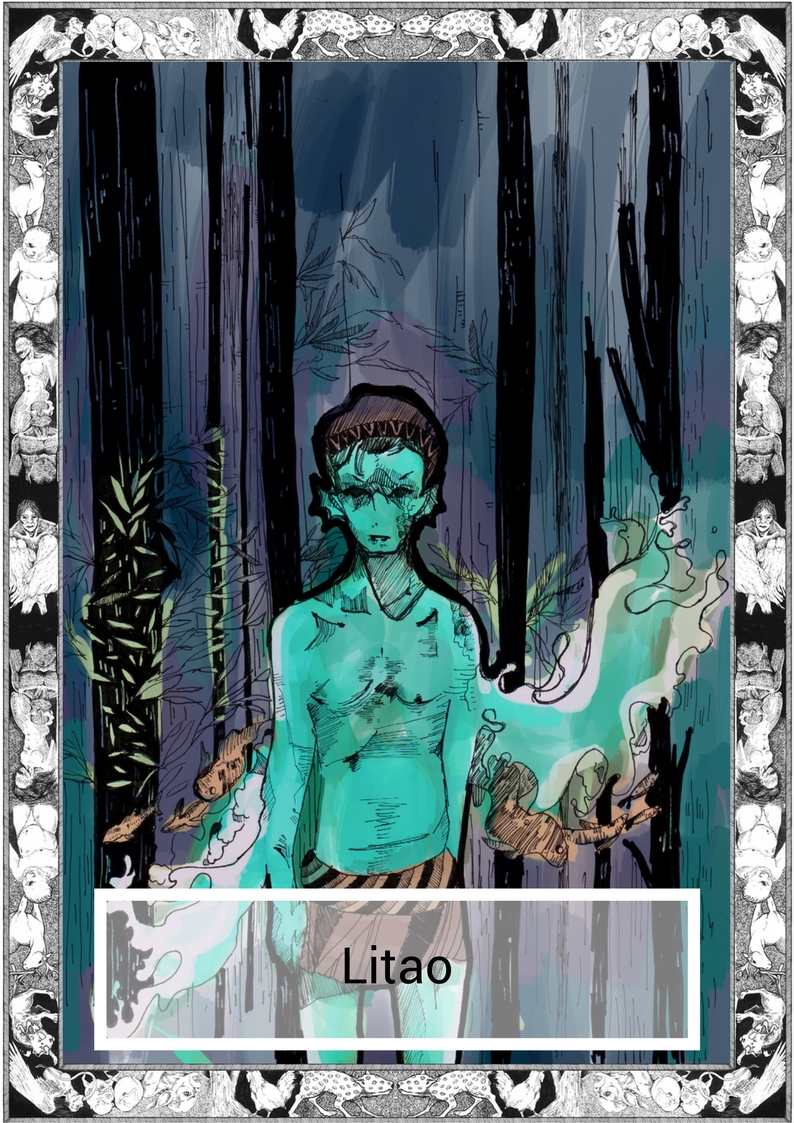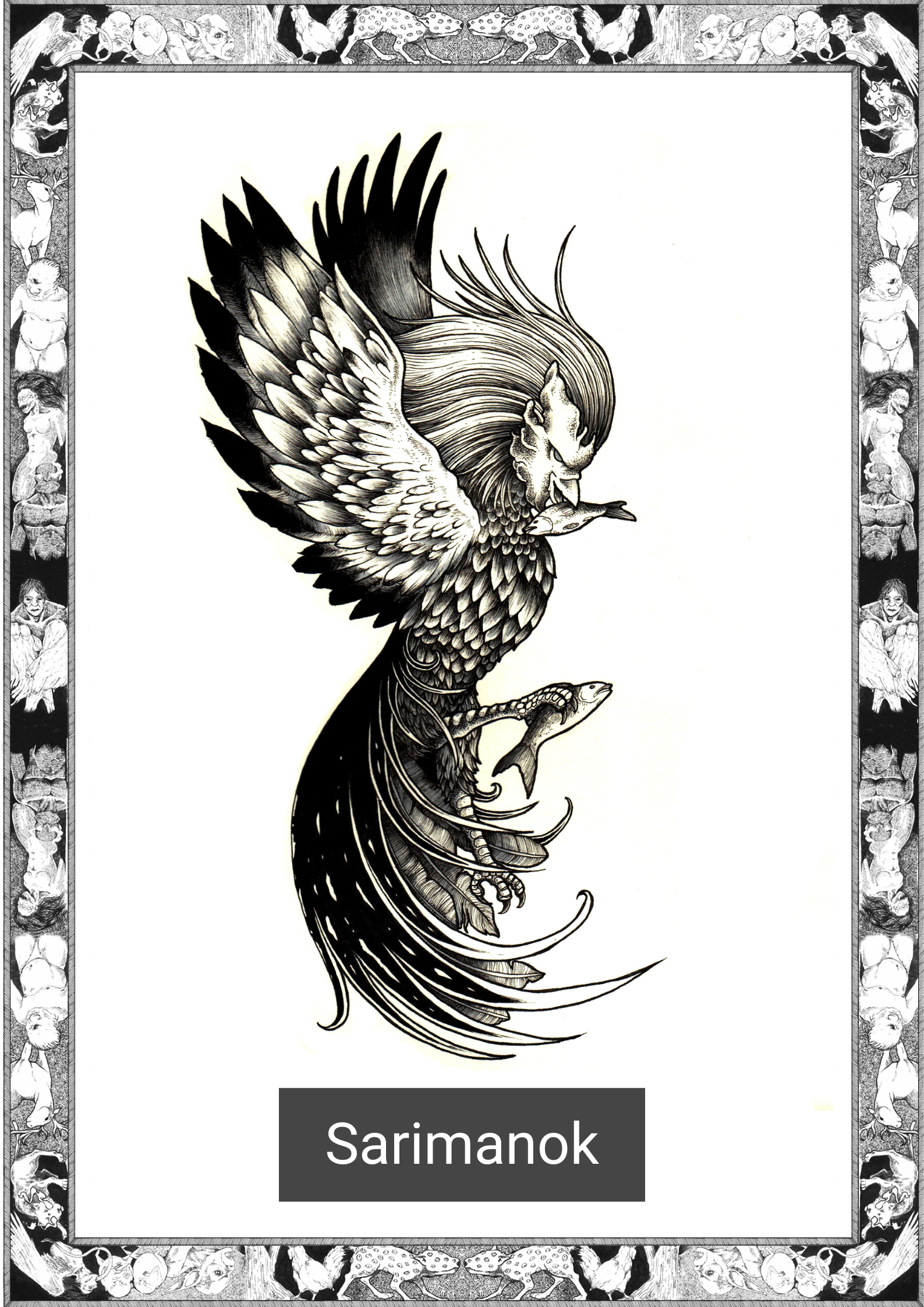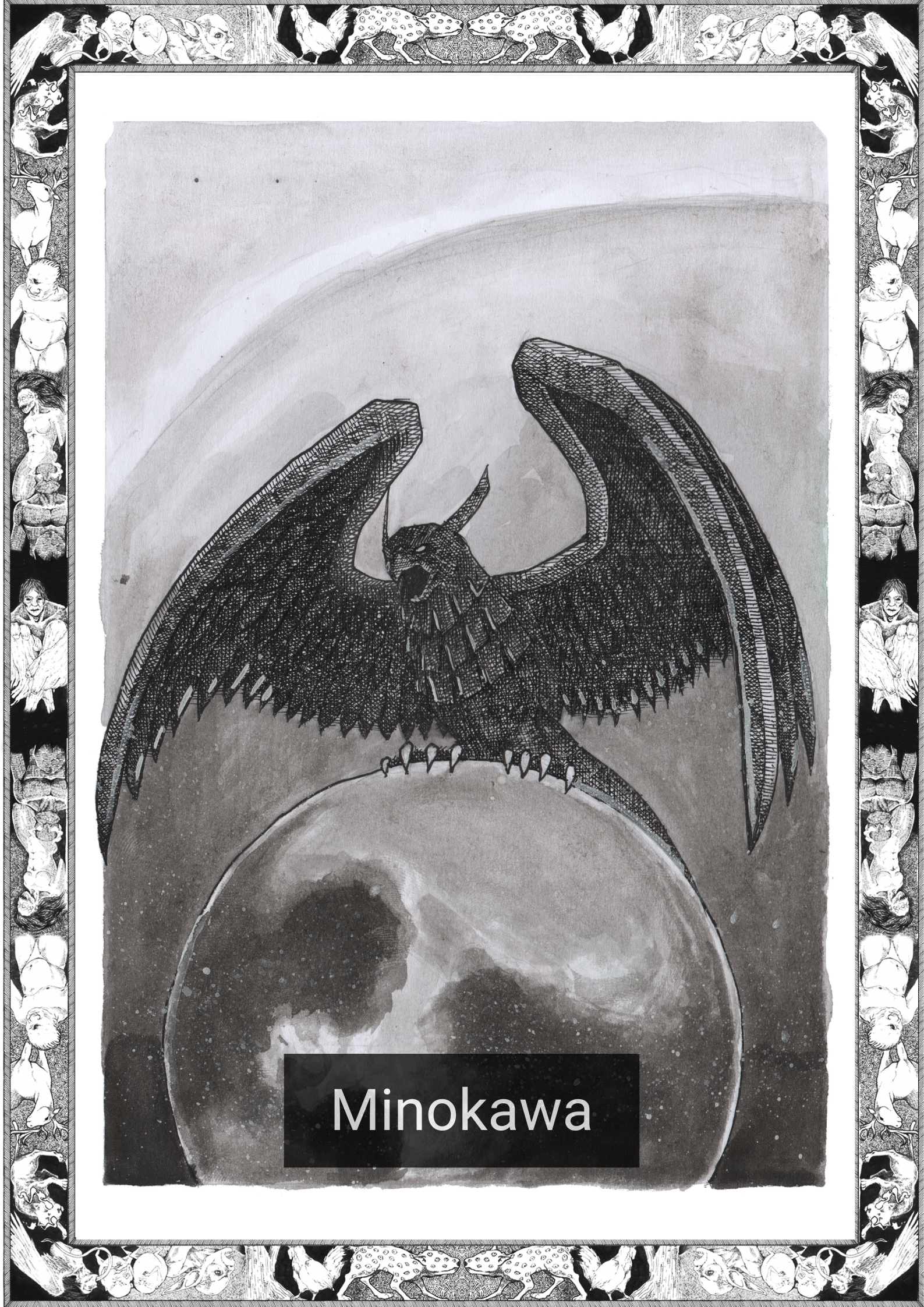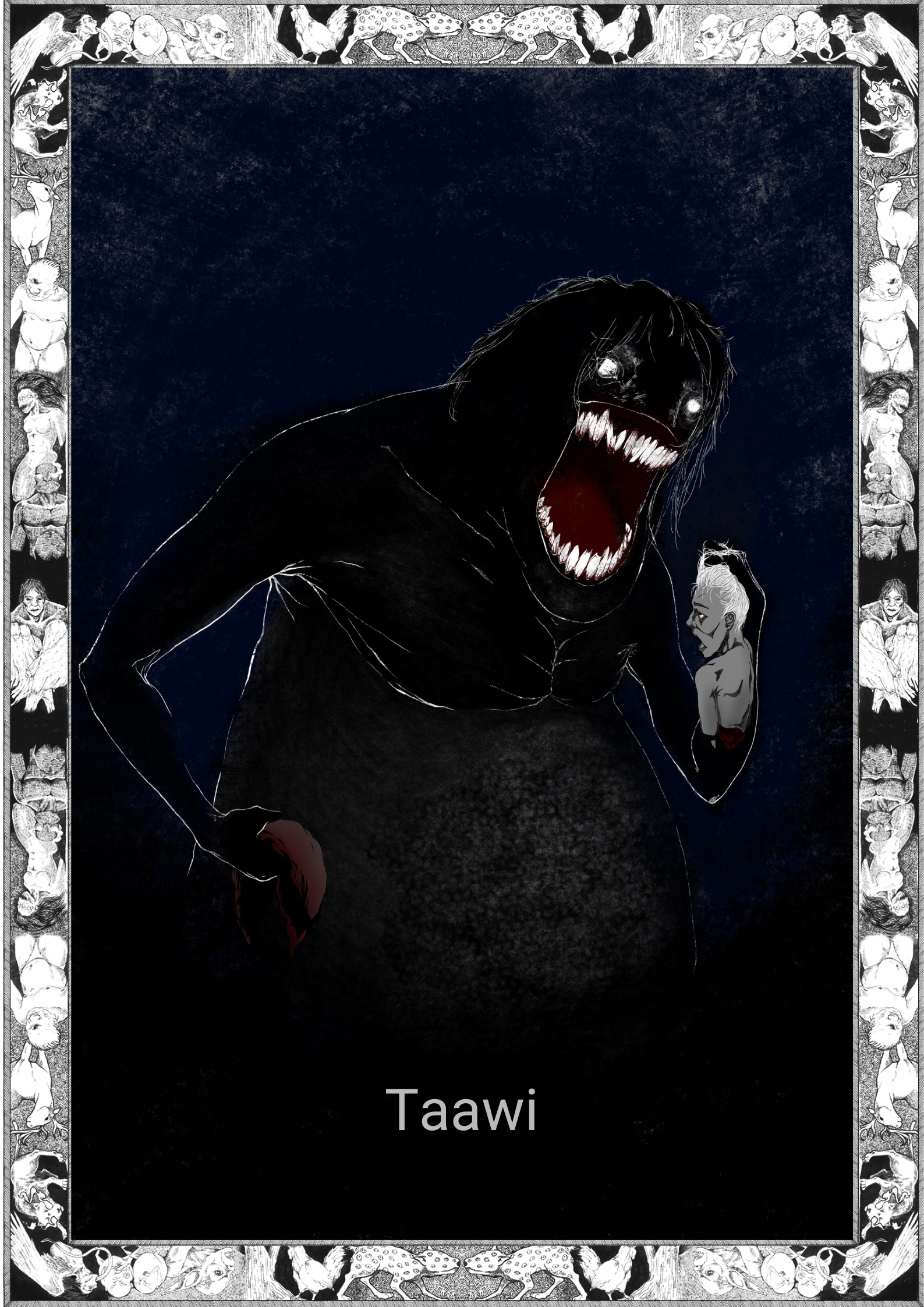
*Note this story is in Cebuano
Kahay imong gihunahuna na ang mga isda kanunay na ingon ana, ug sa pipila ka mga kaso ikaw sakto. Apan naay gainusarang isda sa tanan, siya ang Hari sa mga isda ug siya gapuyo sa lawom luyo sa mga bawod, gamit iyahang gahom aron magmando sa lawom nga tugkaran sa lawod.
Kadaghanan sa mga tawo nakalimot na ang Hari tahuron ug ilimod ang angay kaniya, apan sa kadugayan ilang nakat-unan na wa’y pagbali sa pagpanumpa aron mahimong tahuron.
Adunay usa ka magtiayon na ginganlang Juan ug Juana nga nakat-unan pag-ayo ang pagtulun-an. Nagpuyo sila sa baybayon ug nagpaabot sa paglabay sa panahon nga grasyahan sila og anak.
Sa wa magdugay, mipahiyom ang swerte sulod sa pipila ka mga tuig ug mapun-an usab ang ilahang pamilya.
Atol sa pagmabdos ni Juana nangala kini ug bangus aron kan-on. Si Juan nga maalagaron nga bana muadto og layong lawod aron makapanagat sa isda nga gipangita sa iyang asawa.
Unya miabot ang adlaw na wa’y kuhang bangus sa iyang pukot si Juan. Galingkod sa iyang bangka, gasagmuyo naghunahuna nga wa’y bitbit alang sa iyang asawa.
Gawas sa kahilom usa ka tingog ang mitawag kang Juan. Milingi kini ug sa iyang pagkatingala Nakita ang usa ka bangus nga gasul-ob og korona.
Nagpaila ang bangus sa kaugalingon isip Hari sa mga Isda ug nangutana nganong bangus lamang ang gipangita ni Juan. Natingala kini og nganong nagkaminos ang mga sakop niini sa lawod.
Pagpatim-aw ni Juan nga mabdos ang iyang asawa ug nangala kini og bangus kada adlaw. Iyaha pu’ng giasoy ang kasubo mahitungod niini.
“Ayaw kabalaka,” asoy sa Hari sa mga Isda, “Hatagan tika sa tanang bangus nga imong kinahanglan, apan suklian nimo kini sa paghatag sa imong anak pag-edad niini ug pito ka tuig.”
Makita sa nawong ni Juan ang pagkakugang. Tinuod di niya mahatag ang iyang anak ngadto sa Hari sa mga isda, apan iya pu’ng gihunahuna ang iyang asawa, destrosar na walay bitbit. Tempo pa nga nihit ang bangus ug walay kasayuran si Juan nga makakuha ba kini og bangus nga siya ra ug walay tabang gumikan sa Hari sa mga Isda.
Sa kataposan, misugot si Juan sa uyon sa Hari sa mga Isda ug, tinuod sa iyang mga gipamulong, gihatagan niya si Juan og daghang bangus nga di mayhap. Sa kadaghan niini, padayon gihapon iyang pagbitbit niini pagkahuman og panganak ni Juana.
Ginganlan nila ang bata og “Maria” ug ilaha kining gihigugma pag-ayo. Pagtungtong sa babayeng bata sa enad nga siyete, nagpakiluoy si Juan sa Hari sa mga Isda nga buhian sila sa gipanaad. Ang Hari walay lubaylubay ug miingon kini, “Ang saad, saad.”
Ug ang usa ka hari di angay balibaran.
Miuli si Juan nga nagupok ang kasingkasing. Sugod atong adlawa, gidid-an ni Juan ug Juana ang ilang pinanggang anak na muduol sa dagat.
Kana, hangtod miabot ang usa ka adlaw, samtang nanglaba sina Juan ug Juana sa may suba. Adunay miabot na masilakon nga bangka. Sa pagkahalangdon niini, gitapokan kini sa mga tawo aron masuta ang maanyag na panan-awon. Si Maria nga gitukmod sa iyang pagkamapaniiron, miuban sa panon sa katawhan paingon sa baybayon.
Sa kalit lang, usa ka dakong bawod ang paingon sa baybayon ug gidala si Maria.
Mituratoy ang katawhan paingon kang Juan ug Juana aron sultihan sa panghitabo, apan umawi na ang tanan. Nasayod ang duha nga gikuha sa Hari sa mga Isda si Maria.
Bisan pa, ang ilang paghiguma sa anak nagpabiling lig-on, matag gabie sulod sa daghang panuigon ila kining huwaton sa may baybayon ug naghinaot nga makita ang panagway sa ilang anak nga si Maria.
Ug ang ilang pag-ampo gidungog sulod sa kahayag sa bulan diin Nakita nila ang usa ka babaye nga ang lawas Katunga babae ug ang Katunga bangus. Sa usa ka paniplat sa taas nga itom na buhok niini, ilang naamgohan nga mao kini ang nahilayo nilang anak, na karon sa kahangtoran paghisakop sa mga bawod.
=—————————=
English Version
*The Cebuano language, alternatively called Cebuan and also often colloquially albeit informally referred to by most of its speakers simply as Bisaya (“Visayan”, not to be confused with other Visayan languages nor Brunei Bisaya language), is an Austronesian regional language spoken in the Philippines by about 21 million people, mostly in Central Visayas, western parts of Eastern Visayas and most parts of Mindanao, most of whom belong to various Visayan ethnolingusitic groups, mainly the Cebuanos. It is the by far the most widely spoken of the Visayan languages, which are in turn part of wider the Philippine languages. The reference to the language as Bisaya is not encouraged anymore by linguists due to the many languages within the Visayan language group that may be confused with the term.
